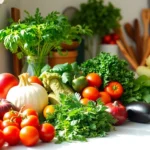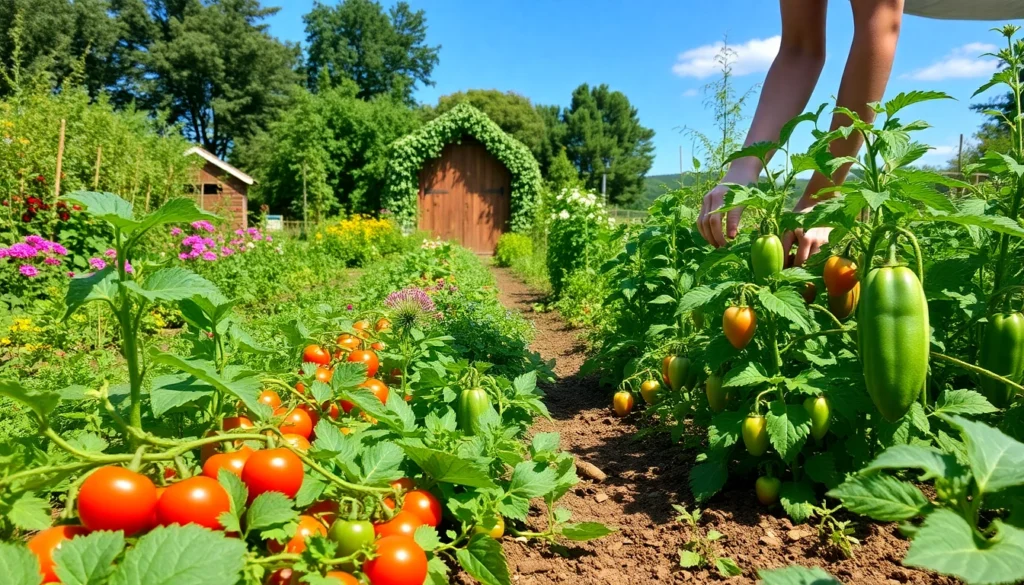
Welcome to the world of easy vegetable gardening, where the bounty of homegrown goodness awaits! Whether you’re a complete beginner or looking to refresh your garden skills, these simple tips will help you cultivate your green thumb with confidence.
Get ready to transform your backyard or balcony into a vibrant vegetable oasis that not only feeds your family but also brings joy and tranquility to your home. Let’s dig in!
1. Start Small with Containers

Container gardening is the perfect way to ease into vegetable gardening without overwhelming yourself. You can use pots, buckets, or even repurposed containers to grow your favorite veggies right on your patio or balcony!
Choose easy-to-grow plants like cherry tomatoes, lettuce, or herbs that thrive in smaller spaces, making it simple for beginners to succeed.
2. Use Quality Soil

The foundation of a successful vegetable garden lies in the quality of the soil you use. Invest in nutrient-rich potting mix or garden soil that ensures your plants have the essential nutrients to thrive.
Consider adding organic compost to enrich the soil further, promoting healthy growth and vibrant vegetables.
3. Plan Your Layout
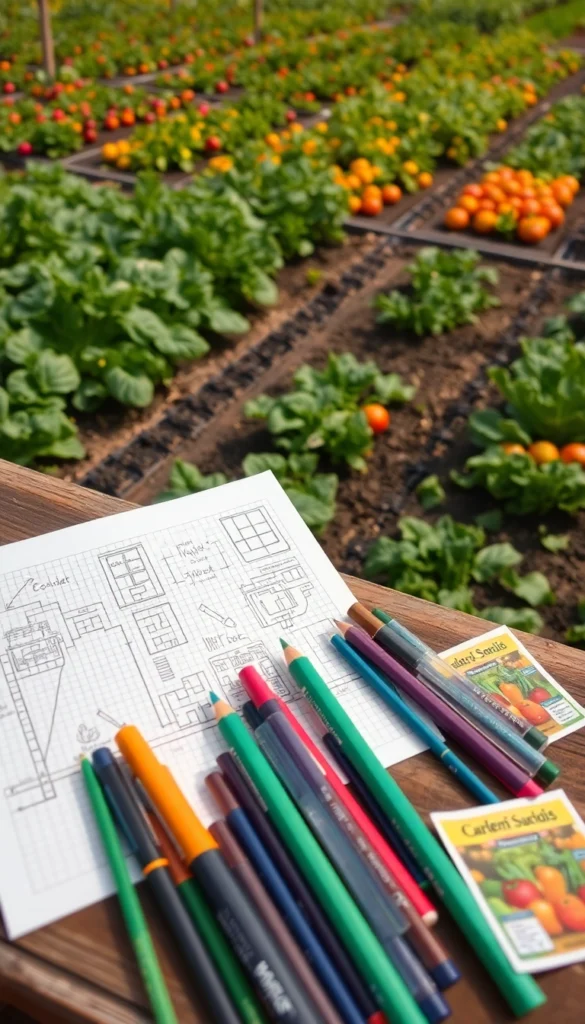
Before planting, sketch a simple layout of your garden space. Consider the sun’s path, how tall plants will grow, and the spacing needed for each type of vegetable.
A well-planned layout not only maximizes your space but also ensures that all your plants receive adequate sunlight and airflow, leading to healthier growth.
4. Choose the Right Vegetables for Your Climate

Understanding your local climate is crucial for selecting the best vegetables to grow. Some plants thrive in cooler temperatures, while others prefer warmer weather.
Research your hardiness zone and choose vegetables like kale and peas for cooler months, and tomatoes and peppers for warmer seasons, ensuring a successful harvest.
5. Water Wisely
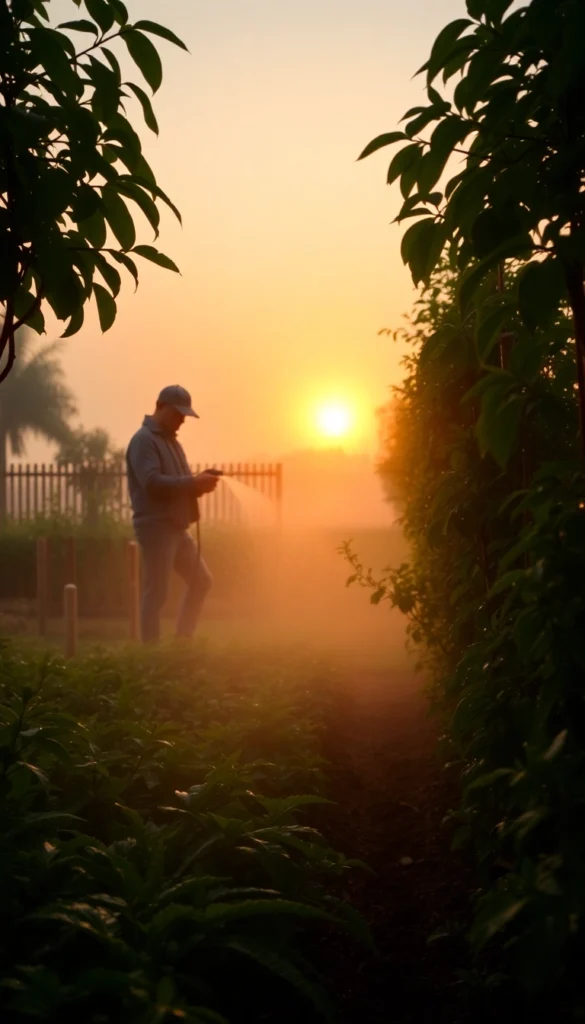
Watering is essential for any garden, but it’s crucial to do it wisely. Early morning is the best time to water your plants, giving them a chance to absorb moisture before the sun gets too hot.
Consider using a drip irrigation system or soaker hoses to efficiently deliver water directly to the roots, conserving water while keeping your plants healthy.
6. Companion Planting
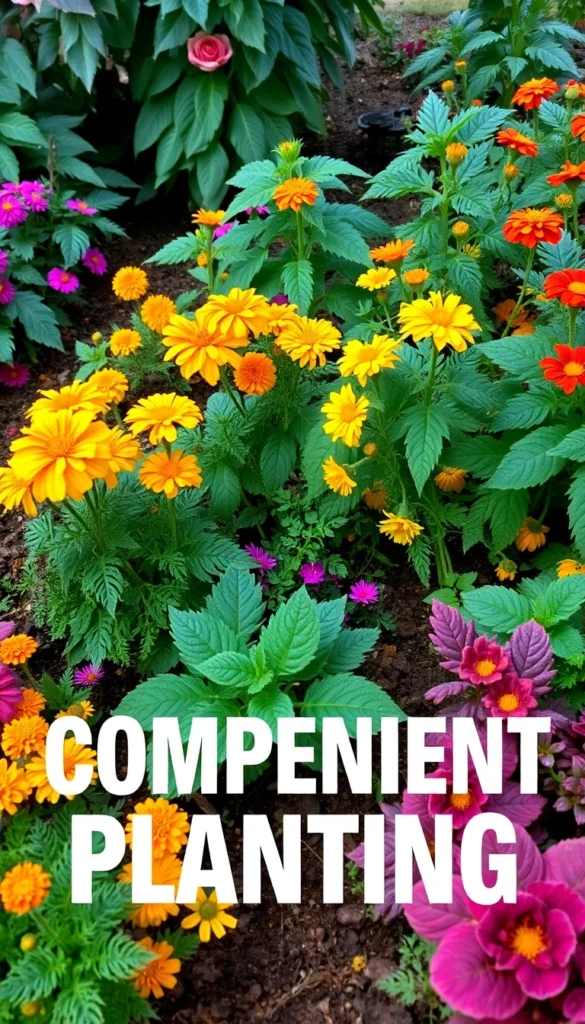
Companion planting is a clever way to naturally enhance your garden’s productivity. Some plants thrive when grown together, helping deter pests or improve nutrient uptake.
Try planting marigolds with your tomatoes to repel harmful insects or basil alongside peppers for a flavor boost and better growth.
7. Regularly Check for Pests
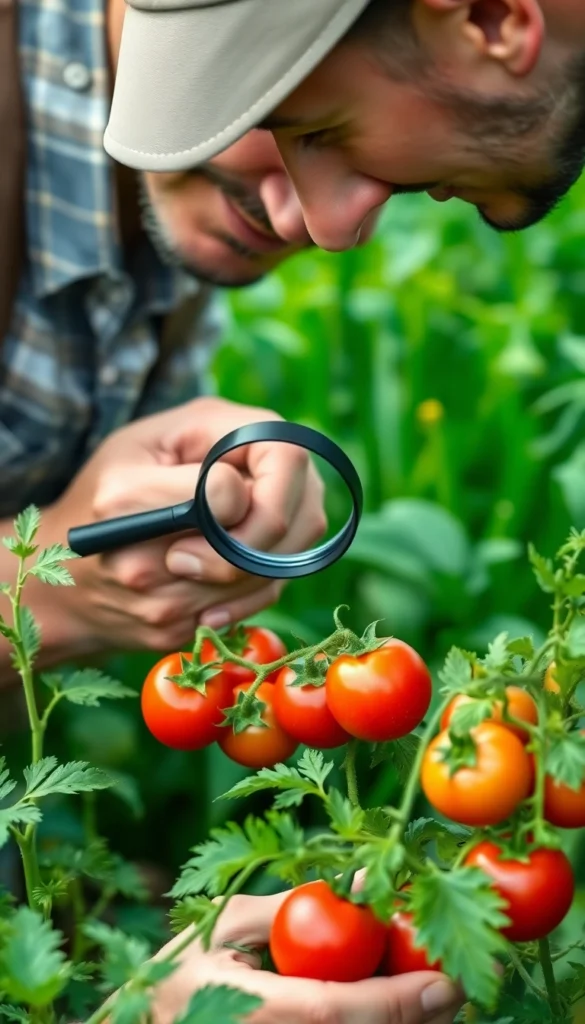
Keeping an eye on your garden is vital to catch any pest problems early. Regular inspections can help you identify and manage pests before they cause significant damage to your crops.
Use natural pest deterrents like neem oil or insecticidal soap to address infestations while maintaining a healthy garden environment.
8. Harvesting at the Right Time
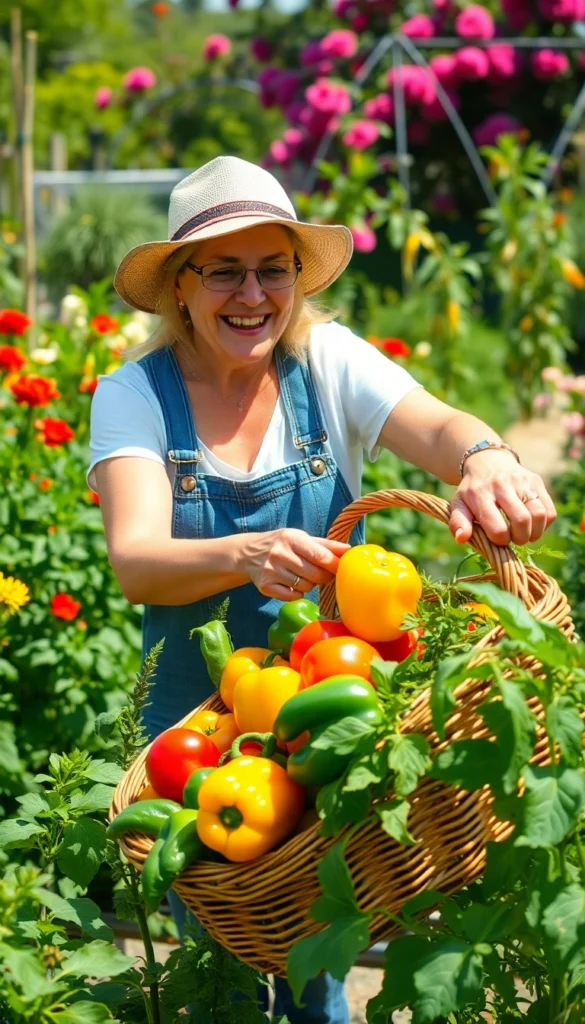
Knowing when to harvest your vegetables is key to enjoying the best flavor and texture. Most vegetables taste best when picked at their peak ripeness.
Learn the signs for each type of vegetable, such as color changes and size, to ensure maximum flavor and nutrition in your homegrown produce.
9. Rotate Your Crops
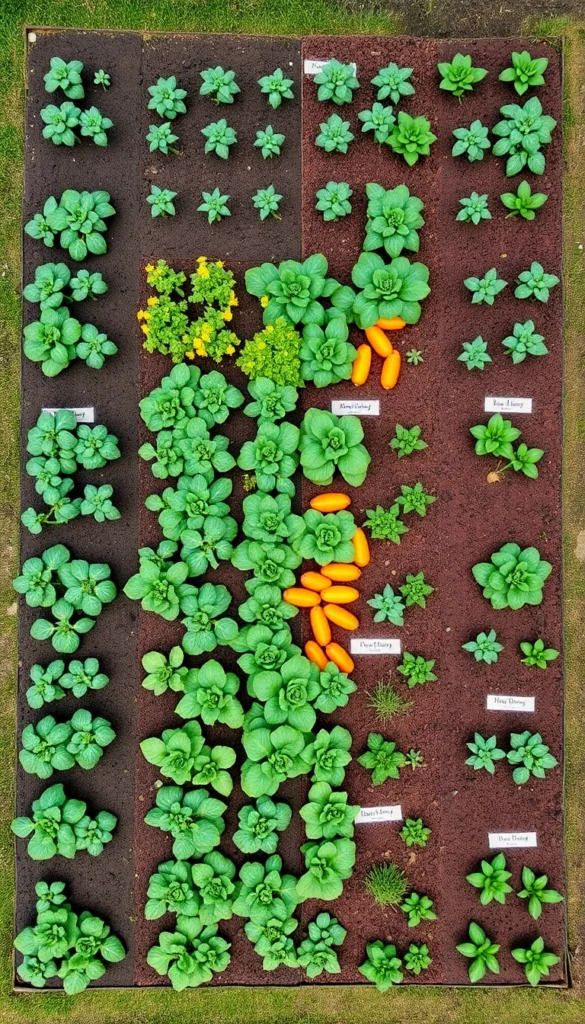
Crop rotation is an essential practice that promotes soil health and reduces pest and disease issues. Each season, change the location of your vegetables to prevent nutrient depletion and improve soil structure.
By rotating your crops, you not only maintain a healthy garden but also enhance your gardening skills over time.
10. Enjoy the Process!

Gardening should be a joyful and fulfilling experience, so take the time to enjoy the journey. Celebrate your successes, learn from mistakes, and embrace the beauty of nature as you cultivate your vegetable garden.
Share your harvest with family and friends, and relish the satisfaction of knowing you’re growing your own food right at home.
Conclusion

With these 10 easy vegetable gardening tips, you’re well on your way to becoming a confident gardener! Embrace the process, experiment with different veggies, and savor the rewards of your hard work.
Remember, gardening is about growth, both in your plants and your skills, so have fun and enjoy the journey!

